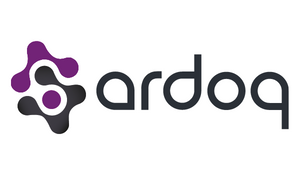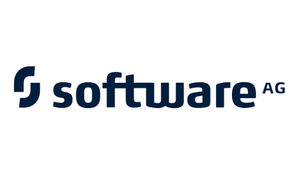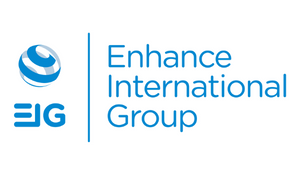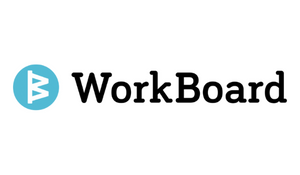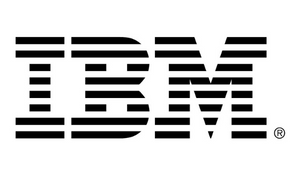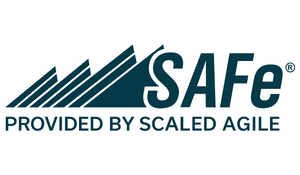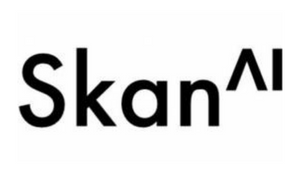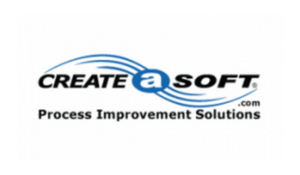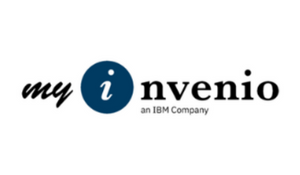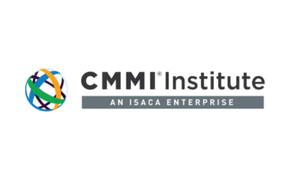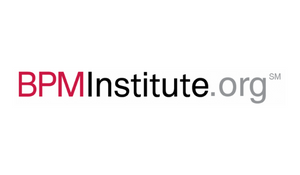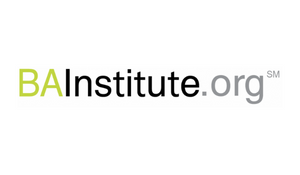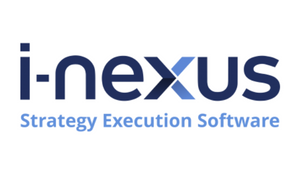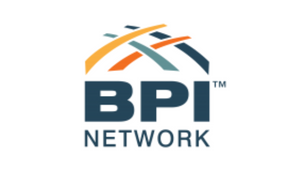With automation fast becoming a precursor of growth, most companies have started using software robots to execute at least some of their business processes to boost operational efficiency and profitability. But the scale of automation must expand enterprise-wide for companies wanting to stay relevant in the rapidly evolving business environment. Intelligent automation can help companies take their automation initiatives to the next level, achieving key business goals with speed, agility, and scale.
Other types of automation may perform tasks, but intelligent automation handles complete processes end-to-end.
Intelligent automation, a holistic approach towards automation, allows you to combine a set of 'Smart' and 'Complementary' technologies, apply them to automate any given process end-to-end, and let humans be in the loop throughout the process workflow.
A Concise Definition of Intelligent Automation
Intelligent automation is the application of emerging automation technologies and tools to a complex process to enable end-to-end automation to reduce human effort, increase efficiency, and deliver improved customer experiences.
Intelligent automation can involve many different technologies, but there are three critical technologies at its core: Robotic Process Automation (RPA), Artificial Intelligence (AI), and Business Process Management (BPM). Let us briefly explain them.
RPA uses software robots (Bots) to automate mundane, repetitive, and rules-based tasks. RPA Bots are best for executing tasks that are performed on precise conditions. But in the real world, not all tasks are straightforward. Moreover, they are always part of a more extensive process that is core to the company's operations.
AI is a collection of different technologies, including machine learning (ML) and natural language processing (NLP), enabling Bots to sense, comprehend, act, and learn with human-like intelligence. AI applications enhance the abilities of software robots with the skills to process documents, recognize dynamic interfaces, and make complex decisions. Bots can handle more complex processes and volumes with these improved capabilities and deliver more accurate results.
Let's consider the accounts payable process as an example. Invoice processing forms a significant part of this process. In most cases, several full-time employees are engaged in processing thousands of invoices manually. Invoices have no standard format. Each vendor has its invoice type making it difficult for a typical RPA Bot to extract payment data. Even traditional Optical Character Recognition (OCR) tools fall short when handling different styles and formats of invoices. Advanced applications of AI such as intelligent OCR, ML, and NLP can be applied to control a wide range of invoice types while also improving data extraction accuracy. RPA Bots can be put to work for ERP data posting and other rule-driven tasks.
But how does the end-to-end process automation work? Well, BPM is the answer.
BPM brings the ability to improve and automate a business process from end to end. It essentially orchestrates and automates the workflow of a process in its entirety, bridging across various systems. Both automated tasks and those completed by humans are handled within a given process. Key data and metrics are captured at each step that can be used to manage, maintain and optimize the process.
These three key technologies form an ideal intelligent automation solution for any given process and can deliver surprising business benefits.
Benefits of Intelligent Automation
Intelligent automation delivers far-reaching business benefits regardless of industry and business functions.
Enhanced productivity: While Bots work 24x7 executing routine tasks, employees are better utilized for creative and decision-driven tasks. Effective orchestration of work between Bots and humans results in enhanced productivity. A leading wound care service provider has automated its medical coding process with AI-powered RPA Bots achieving almost 95% reduction in manual work and 85% improvement in process turnaround time.
Greater accuracy: Approximately 1–5% data error rates are expected in business databases. Intelligent automation solutions virtually eliminate human errors associated with manual data management and help avoid faulty decision-making that happens as a result. Using the intelligent automation solution, providers are able to improve coding accuracy by at least 90%.
Higher employee engagement: Repetitive tasks are mundane and negatively affect employees' engagement and productivity. When you let your employees focus on higher-value tasks, they are more likely to be actively engaged. Highly engaged employees are more likely to produce their best work.
Rapid Scalability: It is pretty easy to scale up or down your intelligent automation solutions as per your needs. More RPA Bots with advanced AI capabilities can be quickly deployed with minimal cost, and there is no additional training required to get more work done.
Let us look at some real-world use cases and applications of intelligent automation solutions.
Application of Intelligent Automation
Intelligent automation can be applied to any company that uses complex and data-heavy processes. Following are the areas (not limited to) where businesses can apply intelligent automation and achieve desired results.
Manufacturing: Automation of processing Bill of Materials, transportation and delivery management, order processing, supplier management, and many other core processes can be automated and scaled up with intelligent automation. A leading manufacturer processes an increasing number of monthly invoices 90% faster and 100% more accurately and frees up at least three to four full-time employees to perform better tasks.
Healthcare: AEG Vision, a leading eye care provider, reduces the number of manual claims processing tasks by 95% using intelligent automation technologies, making its payment cycle 80% more efficient. Data cleansing and migration, patient registration and compliant management, vendor management, and reporting are just a few of the other potential areas for healthcare automation.
Insurance: A leading life insurance company automates its manual underwriting process reducing at least 6000 staff hours per month and accelerating process completion by 50%. Customer on-boarding, claims processing and settlement, and premium reconciliations are other areas to look at for maximum benefits of intelligent automation.
Logistics and Supply Chain: The logistics industry is trapped by outdated manual processes often managed by large teams of people. Intelligent automation solutions can make a real impact by automating these processes delivering productivity gains compounded across thousands of transactions. A leading logistics company automates its documentation process using AI-powered RPA Bots and reduces manual efforts by 900 person-hours monthly. Most importantly, with intelligent automation, the process completion time has improved by 60%.
Banking and Finance: From accelerating loan processing, simplifying accounts opening, improving compliance and reporting to optimizing trade operations, intelligent automation solutions can enable dramatic improvements in process efficiency for the banks and financial services providers.




